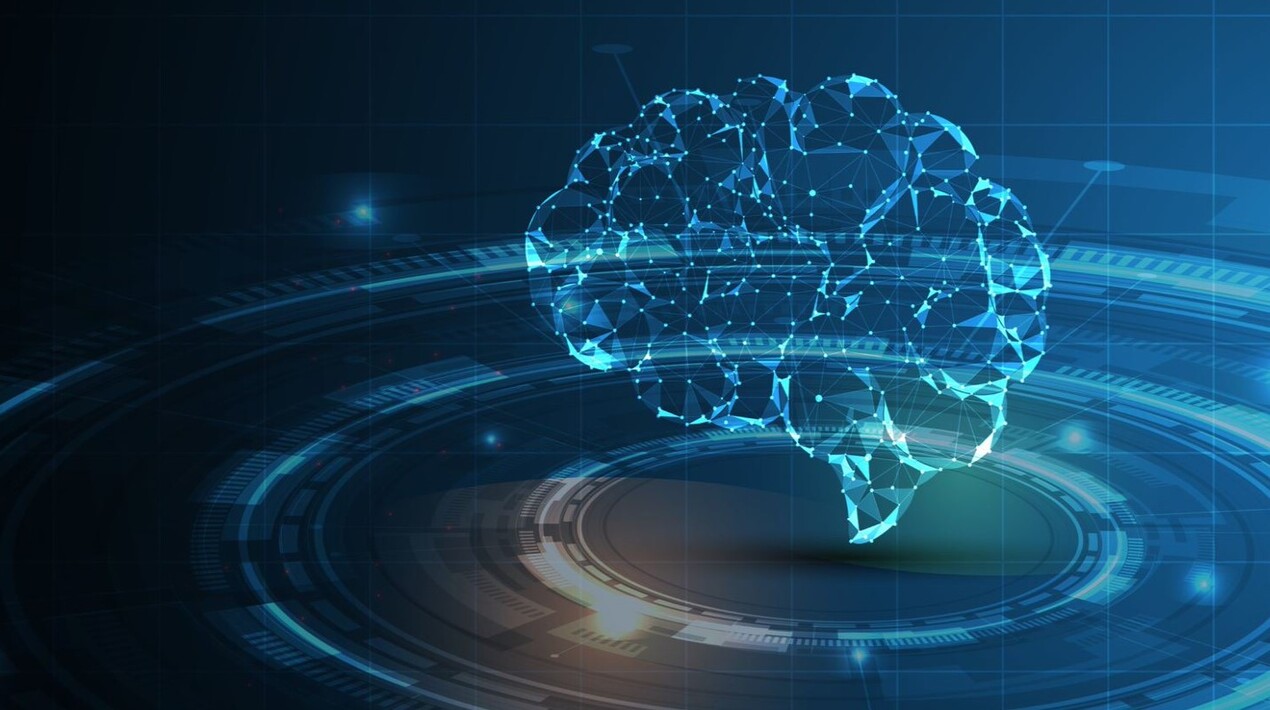
The United States has discussed and proposed deeper cooperation with India in areas like artificial intelligence (AI), cybersecurity, quantum, semiconductor, clean energy, advanced wireless, biotechnology, geosciences, astrophysics, and defence.
According to a press release, a high-level delegation of the premier National Science Foundation (NSF) met with the Indian Union Minister of Science and Technology, Jitendra Singh. During the delegation talks, Singh said that both sides have already identified the sectors and collaboration is underway in areas like healthcare, emerging technologies, space, and earth and ocean science. He stated that India and the United States have a long-standing connection and shared interest when it comes to scientific discovery and technological innovations.
The Head of the US delegation, Sethuraman Panchanathan, affirmed that the US would open new avenues of cooperation in areas like critical minerals, smart agriculture, bioeconomy and 6G technologies. He told the Indian Minister that more joint calls will be made in March regarding several select projects.
Singh suggested that the countries should explore avenues for the US and India to jointly identify, nurture, and promote deep-tech start-ups in areas of mutual interest. He also sought the support of NSF for the proposed Integrated Data System. At present, data collection is carried out by various institutions in different ways, but the Integrated Data System will go a long way in data analytics and associated benefits. The Minister said that the knowledge partnership with NSF-National Centre for Science and Engineering Statistics will add value in terms of long-term capacity development in this area.
The two sides will also scale up cooperation in the space sector and emerging areas like the management of space debris. The NASA-ISRO Synthetic Aperture Radar satellite is expected to be launched in 2023. Science and technology education partnership has been another dimension of the outreach, establishing linkages between American and Indian institutions and students.
Singh claimed that these are the best of times for both India and America to forge a durable and strong bond for global leadership in fighting global challenges. “There is a clear sign of willingness and optimism to achieve the desired goals,” the release quoted the Minister as saying. As the largest and oldest democracy in the world, Singh hoped the US would come to the aid of its natural ally when it comes to technology transfer in critical areas.
Last year, the two countries launched a Defence Artificial Intelligence Dialogue, under which they engaged in talks on AI in defence, space cooperation, and public health. As OpenGov Asia reported, officials from both sides forged new and deeper cooperation across the breadth of the US-India partnership, including defence, science and technology, trade, climate, and people-to-people ties. The leaders lauded the US-India Defence Technology and Trade Initiative (DTTI)’s ongoing projects, including a project agreement to co-develop air-launched UAVs. To foster robust private industry collaboration, the countries also discussed several DTTI projects, such as counter-unmanned aerial systems (UAS) and an intelligence, surveillance, target acquisition, and reconnaissance (ISTAR) platform.
They also signed a Space Situational Awareness arrangement, which laid the groundwork for more advanced cooperation in space. Bound by common strategic interests and an abiding commitment to the rules-based international order, they agreed to continue charting an ambitious course in the US-India partnership.
















